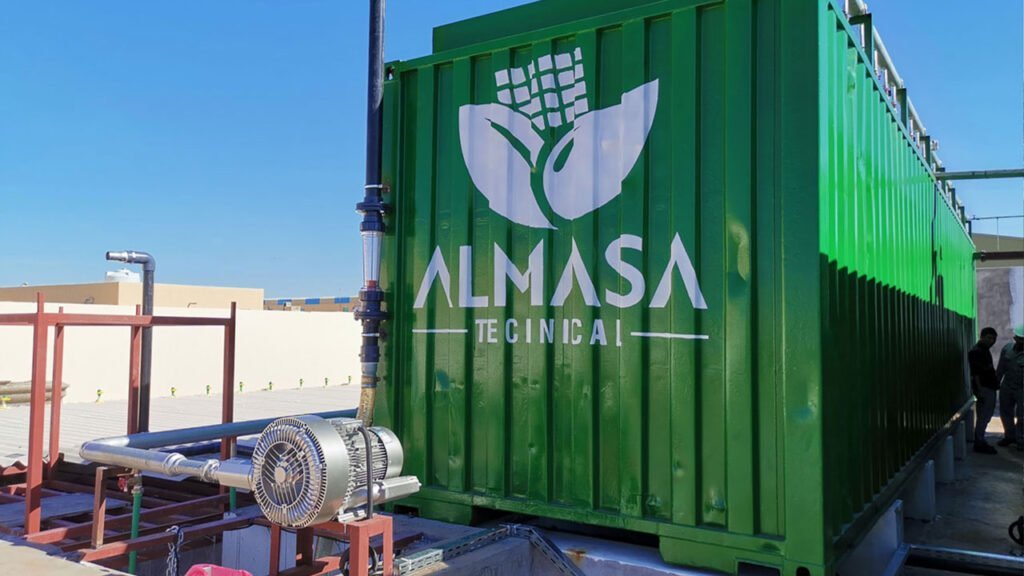Water treatment plays a crucial role in ensuring the health and well-being of populations worldwide. It involves various processes and technologies designed to remove contaminants from water, making it safe for human consumption and use. This article delves into the importance of water treatment for public health, exploring how it helps prevent diseases, supports sustainable development, and contributes to the overall health of communities.
Preventing Waterborne Diseases
One of the primary reasons water treatment is vital to public health is its role in preventing waterborne diseases. Contaminated water is a major source of illnesses such as cholera, dysentery, typhoid, and hepatitis A. These diseases are particularly rampant in regions where access to clean water and sanitation is limited. By removing pathogens and harmful bacteria from water supplies, effective water treatment systems can drastically reduce the incidence of these diseases and save lives.
For example, the implementation of advanced filtration and disinfection techniques has led to a significant decline in cholera outbreaks in many parts of the world. Regular monitoring and maintenance of water treatment facilities ensure that the risk of contamination is minimized, providing communities with a reliable source of clean water.

Enhancing Child Health and Development
Access to clean water is especially critical for the health and development of children. Water-related diseases disproportionately affect children, leading to high rates of mortality and morbidity in young populations. By providing safe drinking water, water treatment systems play a fundamental role in enhancing child health and development.
Moreover, clean water is essential not only for drinking but also for cooking and personal hygiene. This reduces the risk of infectious diseases, which are common in environments where water contamination is prevalent. Healthier children are more likely to attend school and participate in activities that promote their physical and intellectual development, thereby contributing to the socio-economic growth of their communities.

Supporting Economic Growth
The impact of water treatment extends beyond direct health benefits. It is also a key factor in economic development. Industries ranging from agriculture to manufacturing require clean water for their operations. By ensuring a consistent and safe water supply, water treatment systems enable businesses to operate efficiently and sustainably.
Furthermore, investing in water treatment infrastructure creates jobs and stimulates local economies. It encourages innovation in related fields, such as water conservation and recycling technologies, and promotes a more circular economy where water resources are used more judiciously and sustainably.

Contributing to Sustainability
Water treatment is integral to sustainable development goals. It addresses critical issues such as water scarcity, pollution, and the effects of climate change. Advanced water treatment technologies are increasingly focusing on not only removing contaminants but also recovering nutrients and other valuable materials from wastewater. This approach not only makes water treatment more efficient but also less wasteful, aligning with global efforts to reduce environmental impact and promote sustainability.

Conclusion
The importance of water treatment for public health cannot be overstated. It is a fundamental component of public health infrastructure that ensures the safety of drinking water, reduces the prevalence of disease, supports economic development, and promotes sustainability. As we continue to face global challenges like population growth, urbanization, and climate change, the role of water treatment in public health will only become more critical. Investing in robust water treatment systems and technologies is essential for building healthier, more resilient communities.





